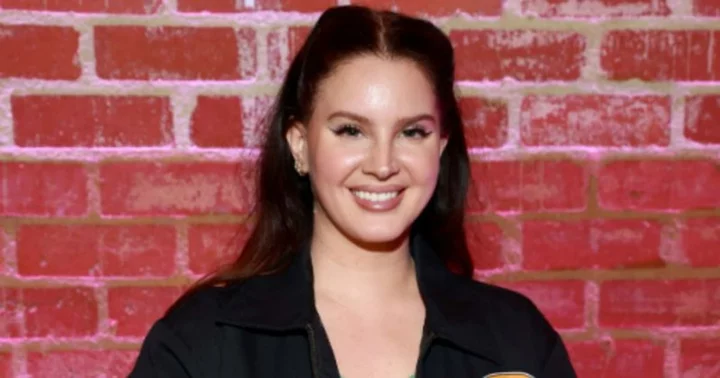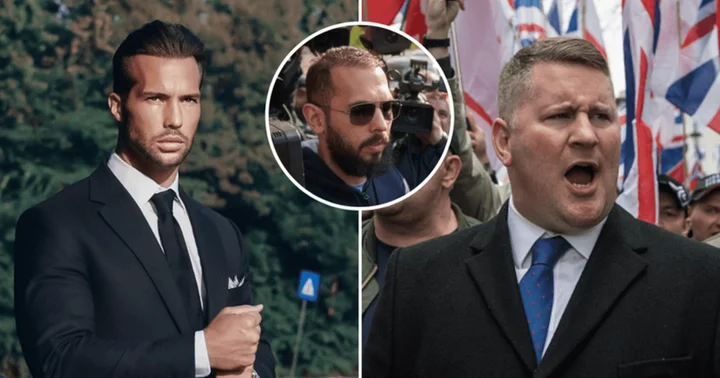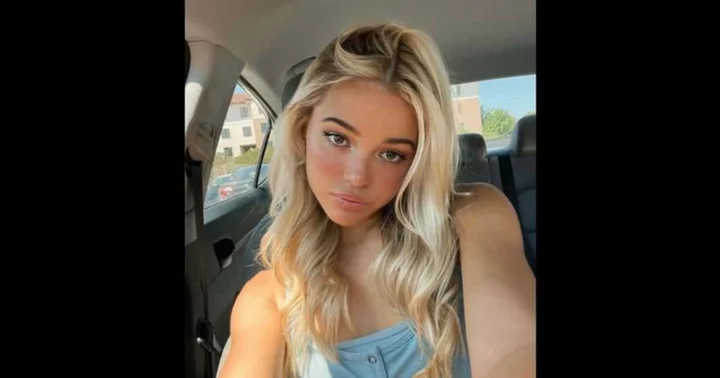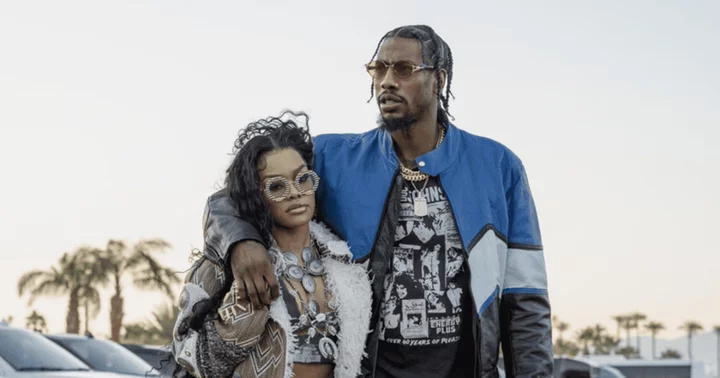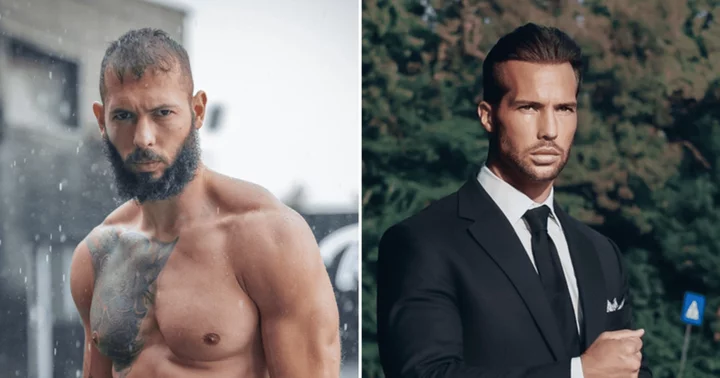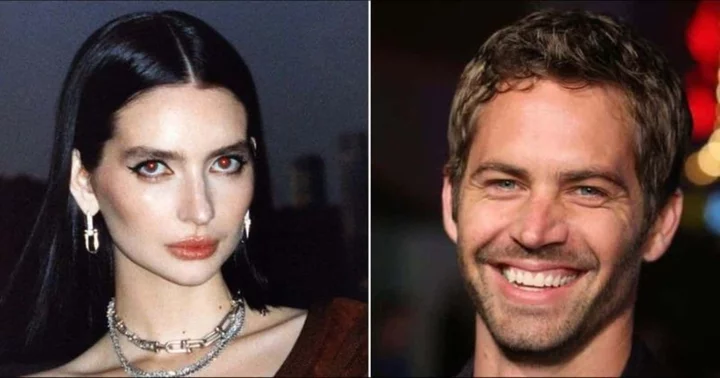LOS ANGELES, CALIFORNIA: The former wife of John Mulaney, Anna Marie Tendler, has spoken about her most delicate moments. The multimedia artist also shared how her French bulldog taught her the true meaning of love as she went through her toughest phase.
Tendler has penned down an essay, which was published by Elle, titled ‘Saying Goodbye to Petunia’, and which referred to her pet dog who left this world in April. In her piece, the 37-year-old said, “Petunia and I moved to Connecticut in December 2020, in the wake of my severe mental health breakdown and what appeared to be the impending end of my marriage.”
She continued, “We fused even more deeply together in an attuned and totally symbiotic relationship. She never let me out of her sight. In fact, she watched me intently, as if I was the thing she now needed to guard.”
Was Anna Marie Tendler suicidal?
In the essay, Tendler also mentioned that during that time, her marriage to the comedian was going through a very bad phase. The union was about to end and her mental health was at worst. She wrote, “My mental health hinged wholly on my dog. When I was hospitalized for depression, self-harm, and severe suicidal ideation in the first two weeks of 2021, the doctors asked me to make a list of my reasons for living. Petunia was the one and only thing on that list.”
Explaining further about Petunia’s care for her, she noted, “She sat at my feet at every meal. She followed me around my property without a leash, never straying more than 20 feet and always galloping back to me when she did. Petunia became an entirely new version of herself.”
‘I told her how much I love her’
“It wasn’t a different self. She still tried to bite the vet when she had her nails trimmed and she still chased and bit any man’s feet. Yet she seemed to unlock an extra part of herself that was always there, waiting to emerge when it needed to,” she added.
But Tendler’s companion became seriously ill as her heart disease “rapidly progressed”. Also, the dog was probably suffering from a brain tumor or brain stem disease. “She took her last breaths while cradled in my arms. Even after life had left her body, I sat with her, held her, and continued to talk to her. I told her how much I love her. I told her how grateful I was for her love and companionship. I promised her that I was okay and that I would be okay without her; crushed, lonely, but okay. I thanked her for staying with me—for guarding me—until I was strong enough to survive without her,” she concluded.


